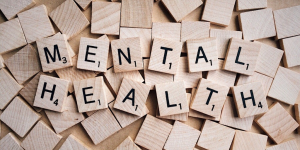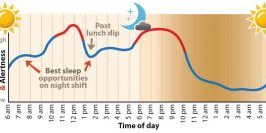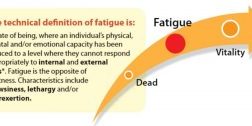Anxiety and fatigue
Mood and sleep
It’s no surprise that sleep, or a lack of sleep, affects our mood. One sleepless night will cause most people to be more irritable, short-tempered and stressed. After a good……
10 exercise tips to help beat fatigue
Whether it is a structured exercise program or just part of your daily routine, all exercise adds upEase into it! If you’ve been sedentary for a long time, are overweight,……
Top tips for management mental health
Putting it all together Depression, anxiety and stress are major risk factors of fatigue. The good news is that they are all treatable conditions and many people overcome mood disorders……
Smoking and sleep
Nicotine can hamper a person’s ability to fall asleep or get good quality sleep. Studies have shown that the average smoker gets 30 minutes less sleep compared to non-smokers. Trouble……
Anxiety and fatigue
While the symptoms of anxiety disorders change with the specific diagnosis, the common theme is an overwhelming sense of worry and the associated lack of concentration, feeling tired and irritable.……
When should I sleep?
Our levels of alertness and attention are influenced by our circadian rhythms, as shown in the figure below. Circadian rhythms allow us to feel more alert during the day and……
What is fatigue?
Fatigue is not a condition, but rather a symptom of many different situations, illnesses or conditions and can be defined quite simply as a feeling of weariness, tiredness, or lack……
What are the signs and symptoms of fatigue?
Some of the key signs to look out for are listed below. Drowsiness is an impaired awareness associated with a desire to sleep and signs include:errors in familiar tasksrepeated yawningdifficulty……
What factors increase the risk of a fatigue-related incident?
The following factors have been found to increase the risk of fatigue-related incidents (e.g. lane crossings) and accidents By planning your journey more carefully, you are more likely to stay……
Avoiding injury when exercising
Regardless of your exercise choice, one truth applies to everyone: preparation can prevent injury. Many common exercise injuries stem from overlooking two basics: warm-up and stretching. Warm-up: The idea of……










